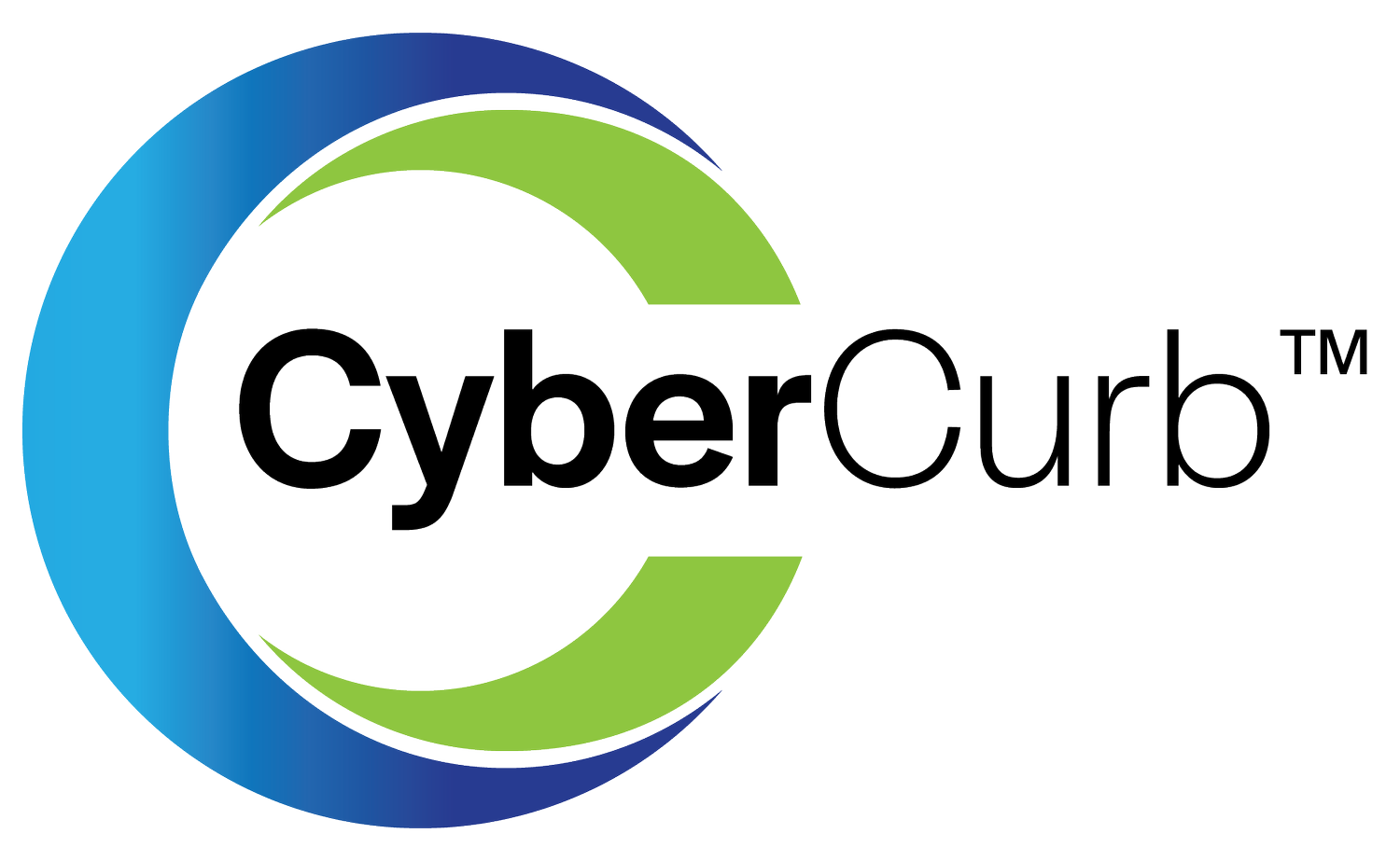For readers who appreciate practical and entertaining digital truths
Promoters claim that Bitcoin is a new type of money, reduces transactions costs by abandoning intermediaries, and will become a safe asset that they call “digital gold”.
The Coinmen dissects these claims and explains what Bitcoin really is:
Unregulated & Manipulated Gambling.
“There is little doubt that members of the cryptocurrency community have all the hallmarks of cult followers. For cult members wishing to be deprogrammed, as well as those seeking sound information and analysis, this book is a most edifying and useful read.”
- Prof. Steve H. Hanke, professor of applied economics at The Johns Hopkins University, and founder and co-director of the Johns Hopkins Institute for Applied Economics, Global Health, and the Study of Business Enterprise.
Purchase The Entire Book Or Micropay Per Chapter
“Once I started to read this book, I did not want to stop. It covers all the points that I could think of and more. It’s a good read for the general public and is essential reading to understand the truth about bitcoin.”
- Prof. George Athanassakos, Founder & Managing Director of the Ben Graham Centre for Value Investing at the Ivey Business School at Western University
Buy the book via TAPP:
Loading TAPP...
Chapter 1: Introduction
Access Table of Contents, Prologue & Introduction for free.
Chapter 2: What is Bitcoin?
Bitcoin is considered by many to be a new global form of money. But, as so few of us understand what money is, are we equipped to understand bitcoin? What is money? We understand that we need money to purchase all the items that we have been taught to think that we need in order to be content. However, to really understand the nature of money, we must know something about banking and finance (see Chapter 3). To understand bitcoin, we must understand what the bitcoin innovation actually is..
Loading TAPP...
Chapter 3: The Purpose of Money
Whether something is money depends on what it does rather than what it is. Any item can be considered as money if it is generally accepted as payment for goods, services, or assets, or as payment of debts, or is a unit of account in a socio-economic context.
Loading TAPP...
Chapter 4: Is Bitcoin Money?
Bitcoin has been marketed as the money of the future. Bitcoin is built on the idea of excluding third-party intermediaries, enabling individuals to make transactions directly with other individuals. But how well does bitcoin meet the functions and requirements of money?
Loading TAPP...
Chapter 5: Not Even An Asset
An asset is any resource (tangible or intangible) that can be used to produce a positive economic value. The owner of the asset can convert the asset into cash or obtain a monetary value from it. This ability to convert means that the monetary value of the asset can be used in the balance sheet of the owner.
Loading TAPP...
Chapter 6: Deception Through Distraction
Promoters use various methods to market bitcoin and distract potential investors and miners from reality. One obvious method is the manipulating of orders, trade, and prices of bitcoin, which is possible because the ownership of bitcoin is concentrated in the hands of relatively few “whales”.
Loading TAPP...
Chapter 7: Manipulation
Large holders of bitcoin are called “whales” and they control most of the bitcoin wealth. In that sense, the “decentralization” of bitcoin is a promotional myth.
Loading TAPP...
Chapter 8: Regulation
Trading and holding bitcoin both involve significant legal and regulatory risk. There are several reasons for this.
Loading TAPP...
Chapter 9: It’s Just Gambling
Bitcoin is not good money, not a store of value, and not an asset. What, then, is it? People are spending money to buy bitcoin and either making or losing money when they sell it. As this business model of money resembles gambling, it is worth asking, “Is this gambling?”
Loading TAPP...
Chapter 10: Bitcoin Gambling Addiction
After I first posted online last year about buying bitcoin essentially being nothing but gambling, I started receiving unexpected communications. Many people from all parts of the world wrote saying something to the effect: “You are right. I can’t stop trading bitcoin. I am addicted. I have lost a lot of money. I can’t tell my wife. What do I do? Where do I turn?”
Loading TAPP...
Chapter 11: Less Than Worthless
The bitcoin system wastes vast amounts of electricity. As miners compete to win the verification reward, massive amounts of computing power and electricity are squandered. As was explained in Chapter 2, only one of a limited, but still large, number of miners gets to verify each transaction and get the reward of the transaction fee and the newly minted bitcoin. But all the contenders run their computers and consume vast amounts of electricity.
Loading TAPP...
Chapter 12: Conclusions
The main conclusion in this book is that bitcoin is nothing more and nothing less than gambling. It is also addictive and wasteful of much needed electricity. The analysis shows that functions such as serving as good money, as an asset, or as a store of value and a hedge against anything can be ruled out completely. Unfortunately, almost everything one reads about bitcoin is either utopian fantasy, wishful thinking, nonsense, marketing by promoters, technobabble, or deliberately false propaganda.
Loading TAPP...
About The Author
Bob Seeman is the Managing Partner of CyberCurb and a Director of the Cyber Future Foundation Canada, an international collaboration of industry, public agencies and academia to build a more trusted and secure internet. Bob is also a Mentor at the Rogers Cybersecure Catalyst advising early stage companies.
He is a California attorney, electrical engineer, and board director. Bob is a co-founder and former director of RIWI Corp., a public company that conducts data analytics, and has advised governments internationally on technology and business issues. Previously, he was Head of Strategy for Microsoft Network in London, and a technical consultant to the European Commission.
Bob previously practiced administrative law with an international law firm. He holds a Bachelor of Applied Science (Elec. Eng.) with Honours from the University of Toronto, a Master of Business Administration from EDHEC, and a Juris Doctor (J.D.) from the University of British Columbia.


